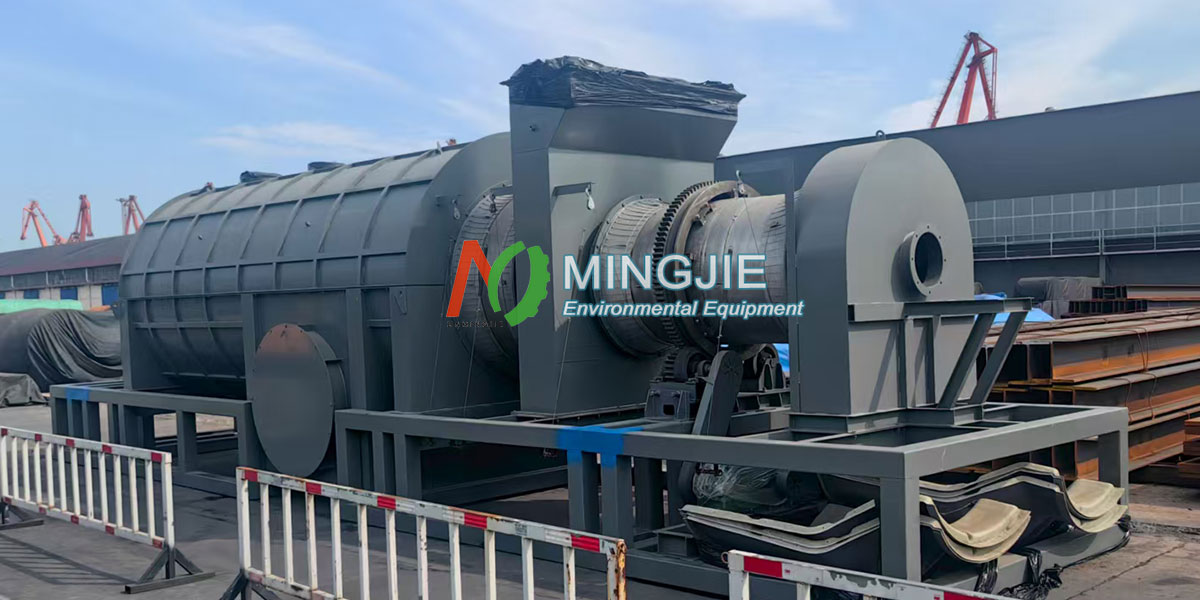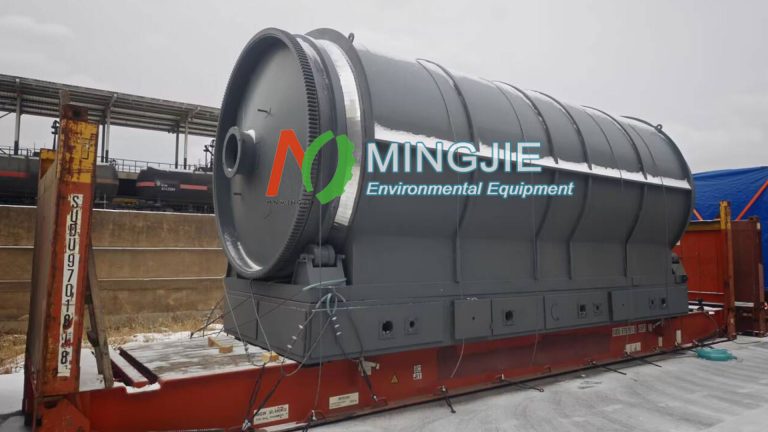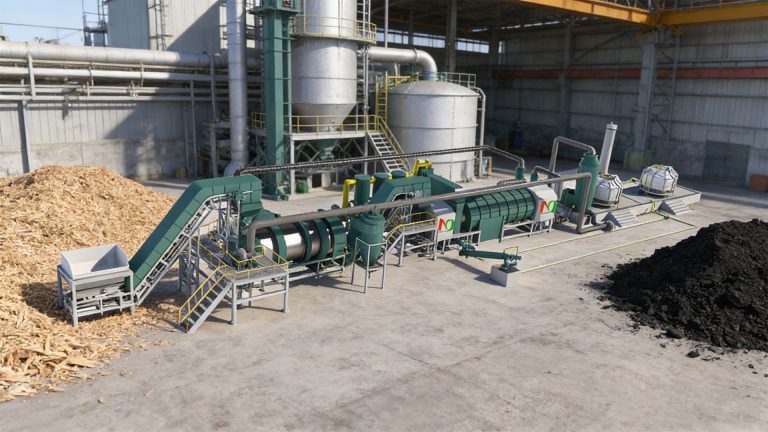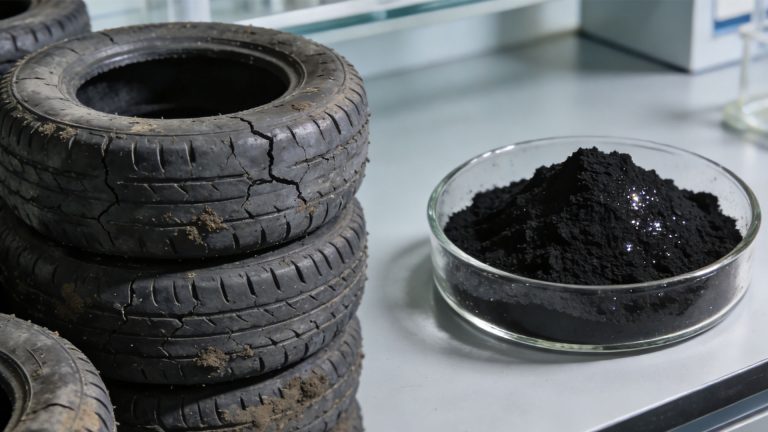Bio charcoal making machine is closely related to the processing of waste biomass and the production of biochar. Biomass carbonization machine is the core equipment for converting various waste biomass into biochar. It plays a vital role in environmental protection and resource utilization.
So what is biochar? Biochar is a carbonaceous material produced by the high-temperature pyrolysis of biomass under anoxic or anaerobic conditions. Its primary chemical composition includes carbon, hydrogen, oxygen, and nitrogen, with a high carbon content and a low ash content. Biochar has a rich pore structure and a high specific surface area. These properties make it crucial for a wide range of applications.
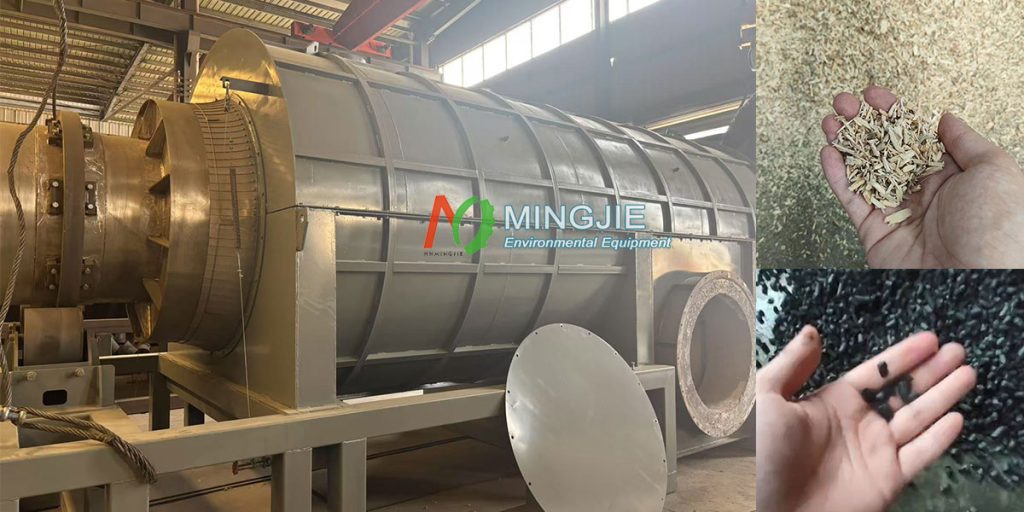
How the Bio Charcoal Making Machine Works
The bio charcoal making machine primarily utilizes continuous pyrolysis, with high-temperature anaerobic pyrolysis technology being its core secret. When biomass is fed into the bio charcoal making machine, it first enters a sealed reaction vessel, which becomes the stage for its remarkable transformation.
A special oxygen-deficient or oxygen-free environment is created within the pyrolysis reactor. This is a key condition for the successful anaerobic pyrolysis reaction. In the presence of oxygen, the biomass may burn, rather than undergoing the desired pyrolysis and conversion to biochar.
Next, the carbonization reactor rapidly heats up. The temperature is adjusted based on the type of biomass and the desired biochar properties.
Under the influence of high temperatures, the organic matter in the biomass begins to decompose. These organic matter, like tightly packed “molecular building blocks,” are gradually disassembled and reassembled under the impact of the high temperature. Water in the biomass is first evaporated.
Subsequently, volatile substances gradually evaporate as the temperature rises, leaving the biomass as gases. As the reaction continues, the remaining material undergoes further pyrolysis. During this process, the carbon in the biomass is gradually enriched and rearranged, forming biochar with a unique structure.
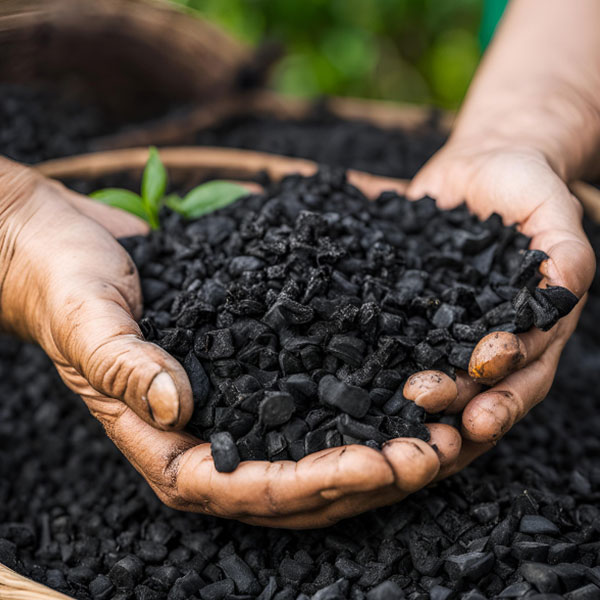
This unique structure gives biochar a rich porosity. This rich porosity is the key to its many excellent properties. For example, it significantly increases its surface area, enhancing its adsorption capacity. Biochar plays a vital role in absorbing nutrients from soil and pollutants from wastewater.
In addition to biochar, the biomass pyrolysis process also produces other byproducts, such as tar and syngas.
Wood tar is a black, viscous liquid. It contains a variety of complex organic components and has applications in the chemical industry. After purification, the syngas can be used as a heating device in the pyrolysis reactor.
Global Biochar Making Machine Market
In recent years, the global bio charcoal making machine market has maintained a significant growth rate. This growth trend is expected to continue in the coming years.
In terms of the distribution of manufacturers, biochar making machine manufacturers are widely distributed around the world.
Developed countries in Europe and the United States, with their advanced technological R&D capabilities and mature industrial systems, have nurtured numerous well-known biochar making machine manufacturers. Their products occupy a large market share and dominate the global high-end biochar making machine market.
At the same time, emerging economies such as China and India have also demonstrated strong growth momentum in the bio charcoal making machine sector. In the mid- and low-end biochar making machine market, companies from these countries have captured a significant market share thanks to their competitive price-performance ratio. This has significantly promoted the global adoption and application of biochar making machines.
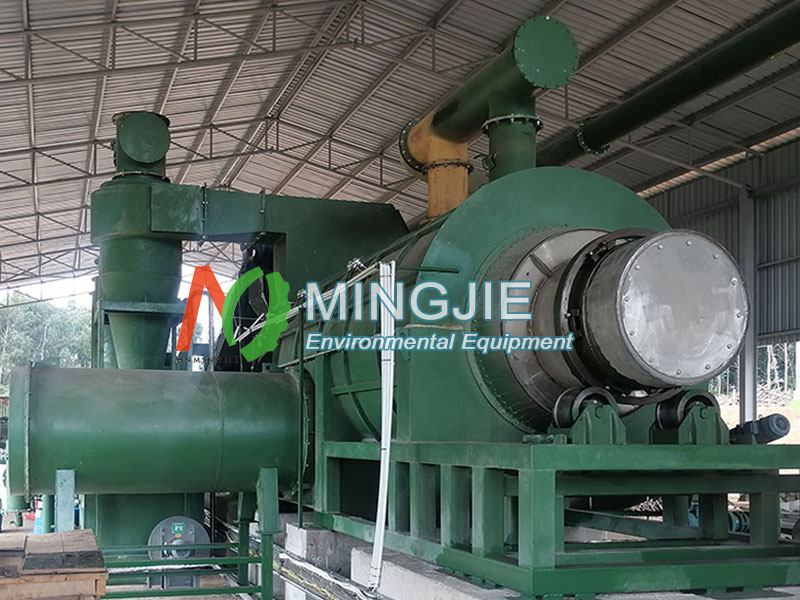
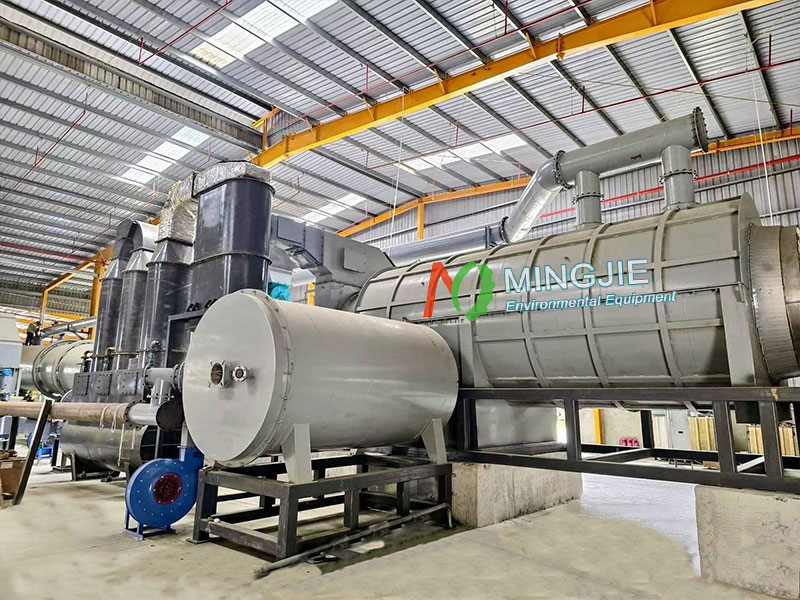
In terms of sales regions, the bio charcoal making machine sales network covers all continents.
In Europe, due to its advanced environmental awareness, investment in sustainable agriculture and environmental protection industries is significant. Biochar is widely used in agricultural soil improvement, horticulture, and wastewater treatment. Germany, France, the Netherlands, and other countries are the main consumer markets for biochar making machines in Europe.
In North America, particularly the United States and Canada, the market for biochar production equipment is also showing positive growth. As a major agricultural nation, the United States places a high priority on agricultural sustainability and improving soil quality. The potential for biochar applications in agriculture is being fully tapped. Furthermore, the United States is a global leader in biomass energy development and utilization.
Demand for bio charcoal making machines in Asia is also growing rapidly. China, the world’s largest developing country, has a large agricultural population and vast agricultural acreage. Agricultural production urgently requires soil improvement and fertility enhancement, and biochar holds broad application prospects in the agricultural sector. China is also actively exploring the use of biochar in environmental protection fields such as industrial waste treatment and sewage treatment. These factors are significantly stimulating the growth of the biochar making machine market.

